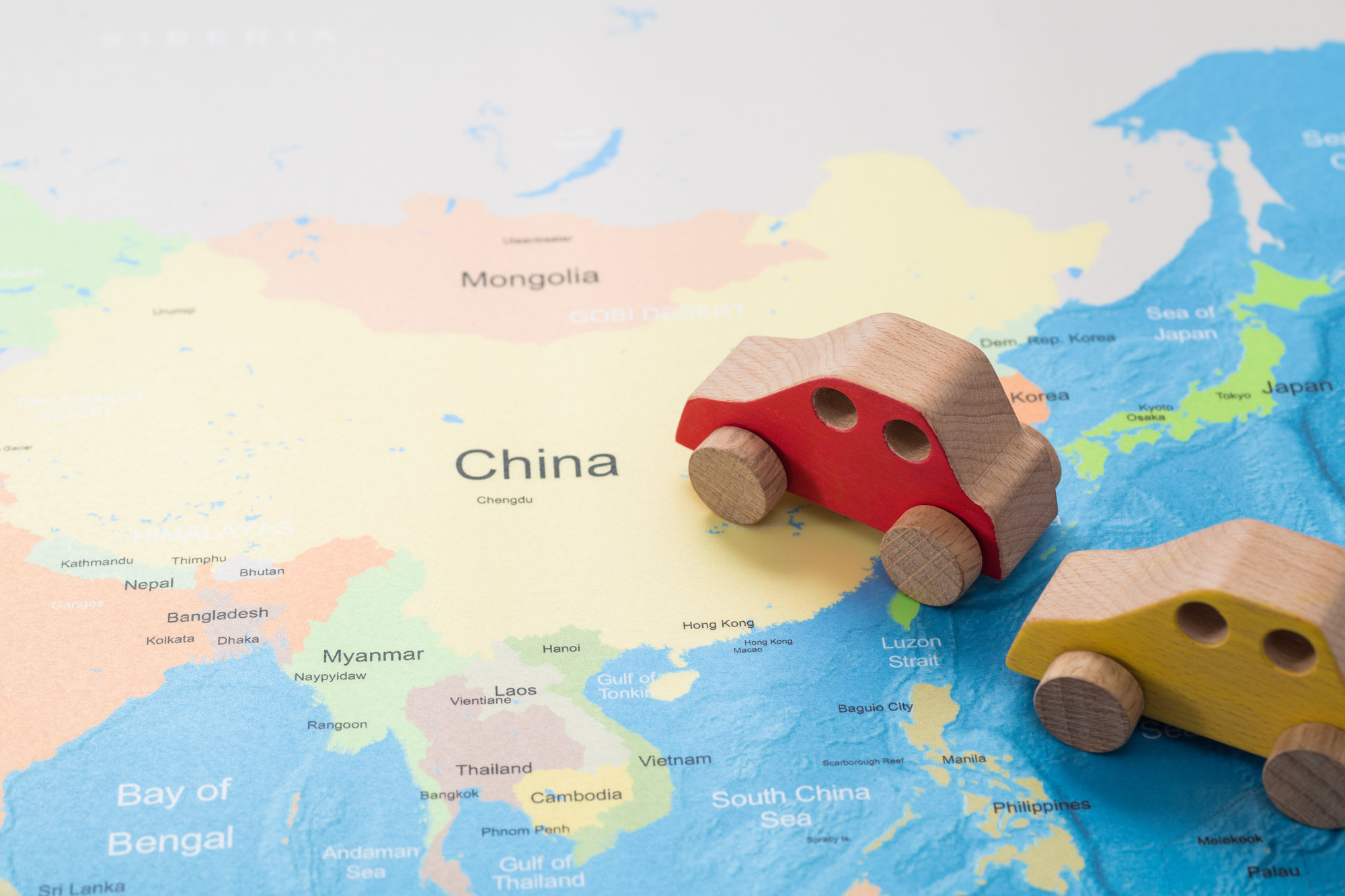2020/07/13
KAWASHIMA Shin, "How to Understand the Enactment of the National Security Law in Hong Kong"
How to Understand the Enactment of the National Security Law in Hong Kong
Kawashima Shin
(Essay written on June 30, 2020)
On June 30, 2020, the Standing Committee of the National People's Congress (NPCSC) of China passed the Hong Kong National Security Law (HKNSL) and it came into force on the same day. In addition to the fact that the enactment of this law coincided almost to the day with the 23rd anniversary of the "return to the motherland" of Hong Kong (July 1), the timing also seems to have taken into account the commencement of the registration of candidates (July 18) for Hong Kong's legislative election to be held in September. Although it appears that the law was enacted in great haste, the US Congress had noted since at least its 2019 deliberations on the Hong Kong Human Rights and Democracy Act (HKHRDA) that there were indications in Beijing regarding enacting the HKNSL. The enactment of this law was not suddenly decided, as the applicability to Hong Kong of China's National Security Act was being debated as early as 2015, and thus has been in the works since long before 2019.
The enactment of the HKNSL is likely to reduce the "one country, two systems" arrangement to a mere formality. However, the Chinese government has not stated that the "one country, two systems" principle has been abandoned. The year 2020 marks the 30th anniversary of the enactment of the Basic Law of the Hong Kong Special Administrative Region (Basic Law), and the enactment of the new HKNSL was touted as a measure that was in accordance with the Basic Law. But what does this mean? Article 23 of the Basic Law prohibits activities such as rebellion against the state, division of the nation, leading people toward insurrection, overthrowing the central government, and the acquisition of state secrets. Article 5, which is widely known to contain the prohibition on changing the systems in place in Hong Kong for a period of 50 years following its handover to China, states the following: "The socialist system and policies shall not be practiced in the Hong Kong Special Administrative Region, and the previous capitalist system and way of life shall remain unchanged for 50 years." Specifically, according to the interpretation of the government in Beijing, the adoption and application of the HKNSL does not indicate a switch to socialism; rather, it represents a strengthening of national security. Additionally, as is well-known, the right of interpretation is ultimately held by the National People's Congress through a series of twists and turns.
There is also a view that holds the HKNSL being in conflict with the December 1984 "Joint Declaration of the Government of the United Kingdom of Great Britain and Northern Ireland and the Government of the People's Republic of China on the Question of Hong Kong" (Joint Declaration), which states: "The current social and economic systems in Hong Kong will remain unchanged, and so will the lifestyle. Rights and freedoms, including those of the person, of speech, of the press, of assembly, of association, of travel, of movement, of correspondence, of strike, of choice of occupation, of academic research and of religious belief will be ensured by law in the Hong Kong Special Administrative Region. Private property, ownership of enterprises, legitimate right of inheritance and foreign investment will be protected by law." However, these rights and freedoms are (at least on paper) also granted by the Constitution of the People's Republic of China.
While China takes a sidelong glance at the Basic Law and the Joint Declaration, it is at the same time expanding the scope of its theory of national security and is intensifying its management and control over Hong Kong society. Indeed, many people in Hong Kong view this as a change in the "current social and economic systems" in place in Hong Kong and thus insist that these measures constitute a destruction of the "previous capitalist system and way of life." Moreover, although the positions of the Chief Executive and Legislative Council of Hong Kong are being transformed into mere formalities, the real test will be on whether Hong Kong can push back to a certain degree against the specific forms of implementation of the HKNSL.
Conversely, from the perspectives of Japan and the West, it might appear that the HKNSL will destroy the values and social norms of Hong Kong that are based on a free economy and financial system. While Beijing holds its theory of economic development to be important, it nevertheless places higher priority on national security. Within its borders (i.e. in mainland China, excluding Hong Kong and Macau), the Xi Jinping administration is further intensifying its management and control of the populace, which has led to an increasing discrepancy with the degree of freedom enjoyed in Hong Kong. In the future, these measures may indeed be adopted in Hong Kong, in addition to further restrictions on the scope of legal political activities. Moreover, the so-called "China risk" in the realm of business may eventually extend to Hong Kong. While calling on China to maintain the "one country, two systems" arrangement that has existed since 1997, the international community is likely to analyze the "China risk" in Hong Kong and to press for making a system that would be acceptable to the people of Hong Kong.






